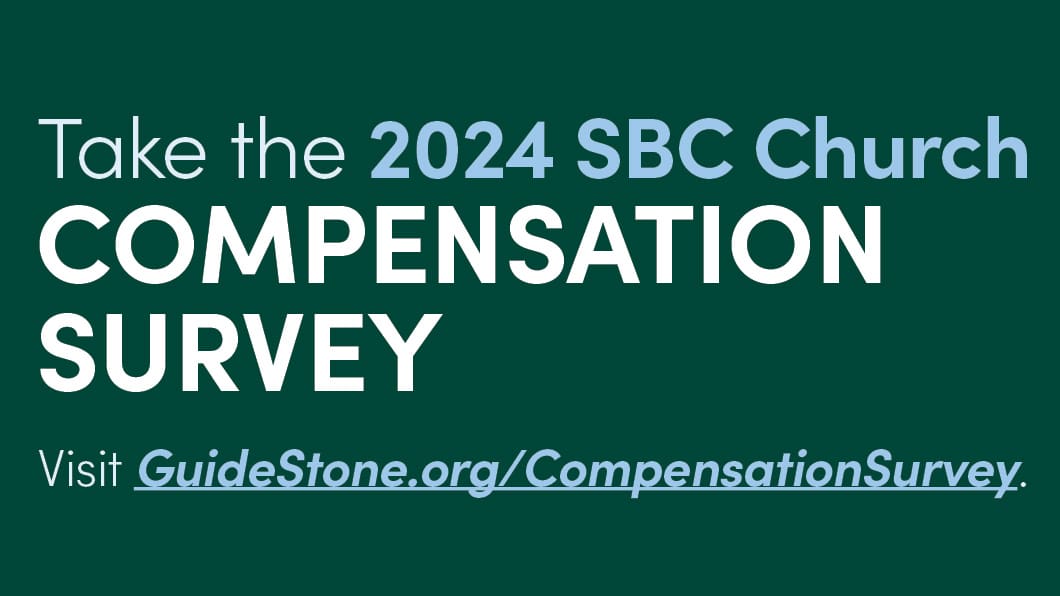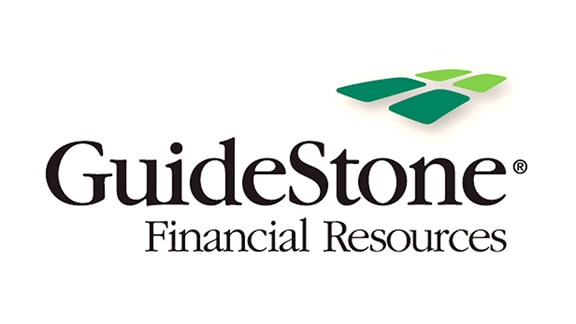The Baptist Resource Network of Pennsylvania/South Jersey (BRN) makes the following statement in support of the prevention of abuse and for the protection of minors and vulnerable adults. As an organization we recognize we have no authority over any church however it is our intention to encourage all churches affiliated with the BRN to be in full compliance with state law and diligently guard those whom God has given us for the purpose of ministry.
We believe that this is imperative to protect all people including minors and vulnerable adults as we work to advance the Kingdom of God. For we are all created in the image of God.
So God created man in his own image, in the image of God he created him; male and female he created them. Genesis 1:27 (ESV)
Abuse is traumatic and can cause physical, emotional, and spiritual damage that can carry through generations. Abuse can destroy family and church relationships. Churches must take affirmative steps to protect the vulnerable and care for those who have been affected by abuse. If we are to follow in the steps of Jesus and his ministry, we cannot look away from the sin of abuse and those affected.
The Spirit of the Lord is upon me, because he has anointed me to proclaim good news to the poor. He has sent me to proclaim liberty to the captives and recovering of sight to the blind, to set at liberty those who are oppressed. Luke 4:18 (ESV)
PREVENTION/PROTECTION
Churches are encouraged to develop and implement a plan to prevent abuse of minors and vulnerable adults within the ministries of the church.
- We encourage churches to practice regular (annually at a minimum) reviews, updates, or if none exist to creating worker policies and guidelines for all staff, church leaders, and youth/children volunteers.
- We encourage churches to take the initiative and advocate for comprehensive screening processes for all staff, church leaders, and youth/children volunteer workers to address such things as:
- Establishing a system to ensure full compliance with all applicable state and federal laws.
- Ensuring all background checks are completed as required by state law.
- Understanding the need for a written application.
- Linking to and utilizing the U. S. Department of Justice National Sex Offender Public
- Implementing at least a six-month rule of association/membership before service and participation begins in a ministry position.
- Conducting personal interviews with applicants.
- Researching prior church membership and volunteer work, especially with minors.
- Conducting internet research for potential news stories containing allegations of sexual misconduct for any potential staff member or volunteer.
- Discovering when and how to check references.
- We strongly encourage churches to conduct local and national criminal background checks, and where appropriate, child abuse background clearances as required by state law for all staff, church leaders, and youth/children volunteer workers. This practice should be included as part of a plan to protect children.
- We encourage churches to implement a two-person rule of supervision. This practice, designed to protect minors from abuse and workers from accusation, calls for at least two, non-related adults who have successfully completed the screening process to supervise minors at all times, whether on or off the premises, in rooms, vehicles, or other enclosed spaces. In situations where the two-person rule is impossible or impractical, alternatives (such as a floating observer) should be considered.
- We encourage churches to develop policies regarding digital and electronic communication. Communicating with minors, especially with youth in the digital age (text message, email, communication apps, and social media) is common among youth pastors and other staff that work with children and youth. Such policies will help set boundaries for both the adults and minors involved.
- We encourage churches to develop policies or statements of affirmation which could include the following :
-
- Affirming the 2000 Baptist Faith and Message with a specific reference to Article XV, or a clear statement denouncing all forms of abuse.
- Requesting an endorsement of the local church for any church member asked to participate in any leadership or volunteer role in the BRN and disclosure by the church of any negative criminal/child abuse background checks about that person.
- Reporting criminal sexual misconduct to the proper legal authorities as required by law.
- Relieving temporarily persons accused of sexual misconduct from leadership and service positions pending a thorough investigation and review of the circumstances.
- Communicating honestly and transparently with any church or association attempting to conduct a background check and disclosing information about any person accused of abuse who left before a resolution of the charge occurred.
AWARENESS/EDUCATION
Churches are encouraged to proactively implement a plan to educate and raise awareness of the seriousness of abuse within the ministries of the church.
- We encourage churches to proactively educate workers/volunteers about the seriousness of abuse and provide resources to enable a church to protect minors and vulnerable adults.
- We encourage churches to provide or facilitate localized and ongoing training for all staff, church leaders and youth/children volunteer workers in preventing, recognizing, reporting, and dealing with abuse.
MINISTRY CARE/HEALING
Churches are encouraged to proactively implement a plan to minister and care for those affected by abuse.
- We encourage churches to work with ministry partners equipped to aid churches who experience abuse situations in handling these incidents with integrity, compassion, transparency, and in accordance with the law. These teams or external ministry partners may also seek to facilitate opportunities for on-site Christian counselors to minister to the church on a case-by-case basis.
- We encourage churches to develop a plan for ministering to sex offenders in the church by observing such things as the following:
- Understanding what the spectrum of the term “sex offender” means.
- Developing procedures, which provide accountability to the offender/abuser and safeguards for all members, especially children and vulnerable adults.
- Creating a covenant between the offender and church leadership that defines the boundaries of participation, allowing church leaders to apprise others in the congregation as necessary, permitting church leaders to contact probation officers and others assigned to work with the offender and state consequences if the covenant is violated, such as being prohibited from attending church or accessing church property.
- Designating one or more accountability partners to assist the offender in not yielding to temptation.
- Restricting any contact with minors or vulnerable adults.
The following sources were used in preparation of these encouragements: The Southern Baptist Conference of Associational Leaders (SBCAL) and the Officers of the SBC Fellowship of State Executive Directors, Encouragements to Associations, State Conventions, and Churches Regarding Abuse of Minors, 2019.



